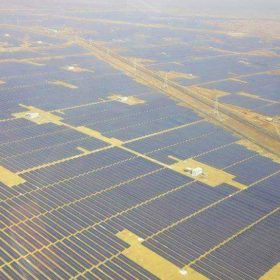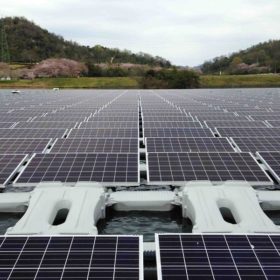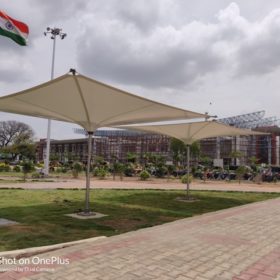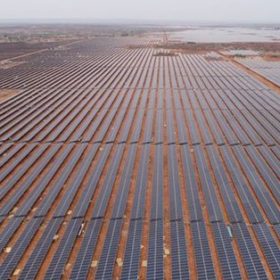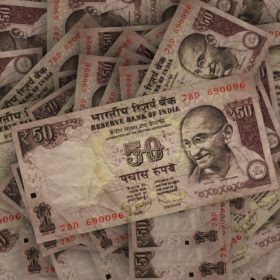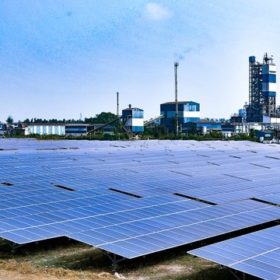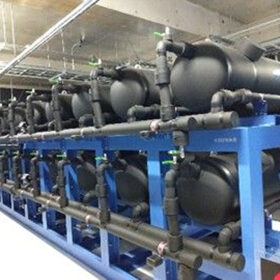NSEFI asks ministry to intervene as Andhra Pradesh curtails renewable power
After High Court’s stay on tariff revision, the state government has resorted to unprecedented curtailment of wind and solar power projects.
BHEL wins NTPC order for 25 MW floating solar project
Having won a 100 MW floating solar project last month, state-owned Bharat Heavy Electricals Limited has added another 25 MW from NTPC to emerge as the largest EPC player in India’s floating solar segment.
Andhra Pradesh cancels energy storage proposal
The move is the latest attempt by the newly-elected state government to reverse renewable energy commitments made under the previous administration.
Guntakal railway station installs canopies to harness solar energy and rainwater
The ‘inverted umbrella’ shaped canopies use monocrystalline flexible solar panels on top to generate electricity for functions like mobile and laptop charging, and lighting.
PPA revisit in Andhra Pradesh will impact solar investment: India Ratings
The high-level committee formed by Andhra Pradesh government to review and renegotiate the signed power purchase agreements with wind and solar power developers has the potential to impair the cash flows of projects in the sector.
Andhra Pradesh government to reduce payments negotiated under existing power deals
The state government will defy a ministerial order not to renegotiate signed deals after leadership of the legislative assembly changed hands in May’s elections. Consultancy Bridge to India says the contracts are legally binding but the move will shake investor confidence nevertheless.
French developer Engie reaches 1.5 GW renewables capacity in India
The company recently bagged a total capacity of 480 MW in Gujarat, including 200 MW wind and 280 MWp solar. Its 338 MWp solar project at Kadapa Solar Park in Andhra Pradesh has also gone live.
Group captive solar projects on the rise among corporates
With Karnataka withdrawing open access waivers and the policy not replicated elsewhere, corporate buyers are increasingly favouring group captive projects that are exempt from the cross-subsidy surcharge—the largest and most unpredictable component of grid charges for open access power.
EESL tenders 100 MW solar in 3 states, plans 200 MW rooftop in Maharashtra
India’s Energy Efficiency Services Ltd (EESL) has invited bids from domestic and international players for setting up of small grid-interactive solar plants ranging from 500 KW to 2 MW at lands of state-owned utilities. The cumulative capacity, to be installed in turnkey mode, is 40 MW for Maharashtra and Andhra Pradesh each and 20 MW for Jharkhand. The state-run energy service company is also mulling to install an aggregate 200 MW of grid-connected solar rooftop across 5,000 state-owned buildings in Maharashtra.
Andhra Pradesh tenders 10 MW solar-wind hybrid project
Developers can establish more generation capacity on the site if possible but must not fall short of 8 MW, according to the tender document. A pre bid meeting is due to be held tomorrow.
